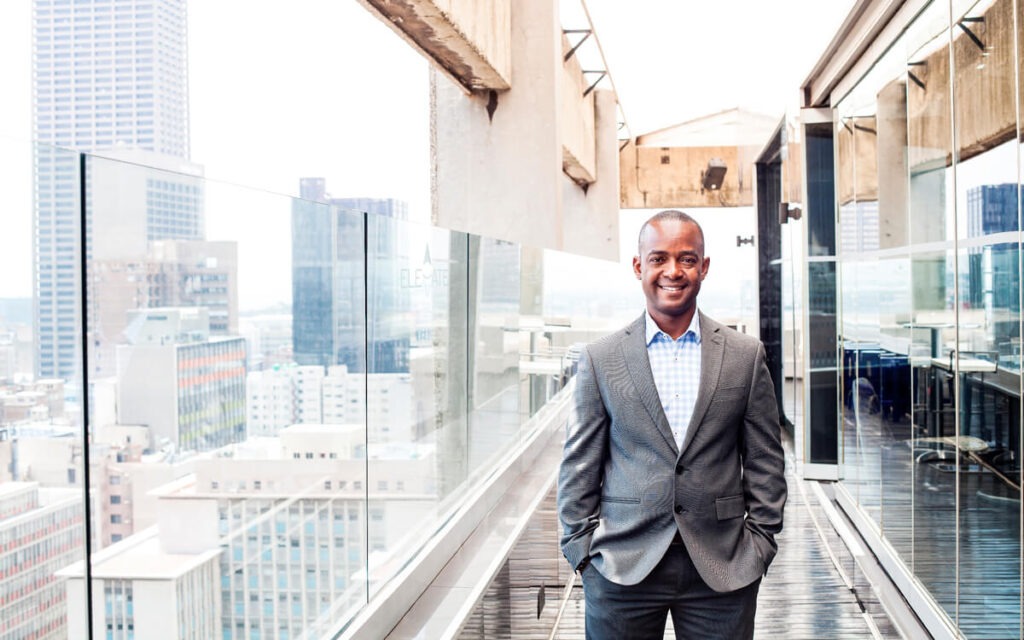
What is the best piece of business advice you’ve heard this year? 2019 proved to be a challenging year, but many of the entrepreneurs and business thought leaders who SME South Africa spoke to in 2019 had plenty of good advice to share, learned from hard experience and overcoming difficult times.
1. Know your why – “The SMMEs sector plays a significant role in job creating and stimulating the South African economy. It is not an easy journey, but it’s worth it in the end.” – Tumi Phake, the founder of Zenzele Fitness, can boast with 13 thriving fitness clubs and the vision to have over 100 clubs within the next 10 to 15 years.
2. Embrace the reality of entrepreneurship – “I’ve learned you’ve got to become obsessed with the process, the process is all the un-sexy things you have to do to make sure you win. It’s about commitment, consistency and most importantly, patience. It’s less about wanting to be popular and famous and more about solving real problems.” – Joe Human creative entrepreneur, brand identity developer, and co-founder of Creative Mind Space, a digital agency.
3. The little things count – “The devil is always in the detail. You learn the art of conceptualising and writing everything down, and this streamlines your thought process. Finally, executing and measuring your activities.” – Ike Cha, founder, chairman and CEO of the investment company, Lionshare Venture Holdings (LVH).
4. It’s possible – “The one thing that surprised me and also encouraged me was that it was not as impossible as it seemed. Difficult yes, but if you are determined and hard-working, people will see your commitment, and are prepared to offer support.” – Ike Cha, founder, chairman and CEO of the investment company, Lionshare Venture Holdings (LVH).

5. Find your tribe – “The difference between a squad and a network is that a network is created to drive value within a community. There is absolutely nothing wrong with that so please arm yourselves with your elevator pitches and your business cards. A squad exists to allow its community to ‘let it all hang’ – laugh together, cry together, high five each other and simply shine the light on each person.” – Nwabisa Mayema, co-founder nnfinity, which delivers training and consulting services.
6. Separate the personal from business – “The company is its entity with its eco-system. There must be a clear separation between it and you so that it can grow without you. The company must be bigger than the individual and speak to the vision.” – Luvuyo Rani, co-founder of Silulo Ulutho Technologies, an information and communication technologies (ICT) business.
7. It won’t be easy – “You have to be strong – I know it’s hard but sometimes you have to push and fight for what you want.” – Shaney Vijendranath, founder of tech data analytics platform, MomSays startup, MomSays.
8. One step at a time – “You need to dream big, but act small. It’s important to have big dreams for your business, but you should also chase those easy opportunities that can help you build traction. When I started, I wanted to try and get my products into large retail stores, but the fact of the matter was, as a startup, I didn’t have a strong negotiating position.” – Vusani Ravele, Shark Tank winner and founder of Native Decor.

9. Take the long view – “The aim is to fire yourself as an employee so that you can become a company director, and later move on to be a full-time shareholder. In any economy, even this country, the shareholder gets paid the most, a company director is next on the list, and the employee gets paid the least.” Precious Mvulane, founder and MD of GAD Consulting Services.
10. Be patient – “It took over 72 dynasties to build the Great Wall of China, this is more than a thousand years to build a wall. One wall. The Chinese understand the long term. Think long term, this will allow you to look at your failures as learning opportunities that will serve you in the long run.” – Vusi Thembekwayo, My Growth Fund Venture Capital founder, speaker and author.
11. Adapt to clients’ needs – “We tend to think that we know and understand what our clients need, but this is not necessarily the case. Often, we were able to tailor-make our services to adapt to a specific client’s needs. In this way, we were able to retain clients, who would otherwise have moved their business elsewhere.” – Ben Groot, SME South Africa contributor
12. Start with family and friends – “Your network is your most lucrative source of first customers because they already trust you… One of our first programmes was sold to a school where a friend and fellow teacher was employed, and they have been a loyal customer ever since.” – Lisa Illingworth, CEO and co-founder of Futureproof SA, a programme which provides children around Gauteng, Western Cape and KwaZulu Natal with entrepreneurial skills.
13. Reach out – “If it was not for networking I wouldn’t be here right now. By that I mean, when I decided to start with the spices, the laws regulating the industry did not allow me to manufacture the spices without the proper documentation. It was through networking at the local gym that I met someone who had the right documentation to help me start my business.” – Mikie Monoketsi, founder of Mama’s Spices & Herbs.






